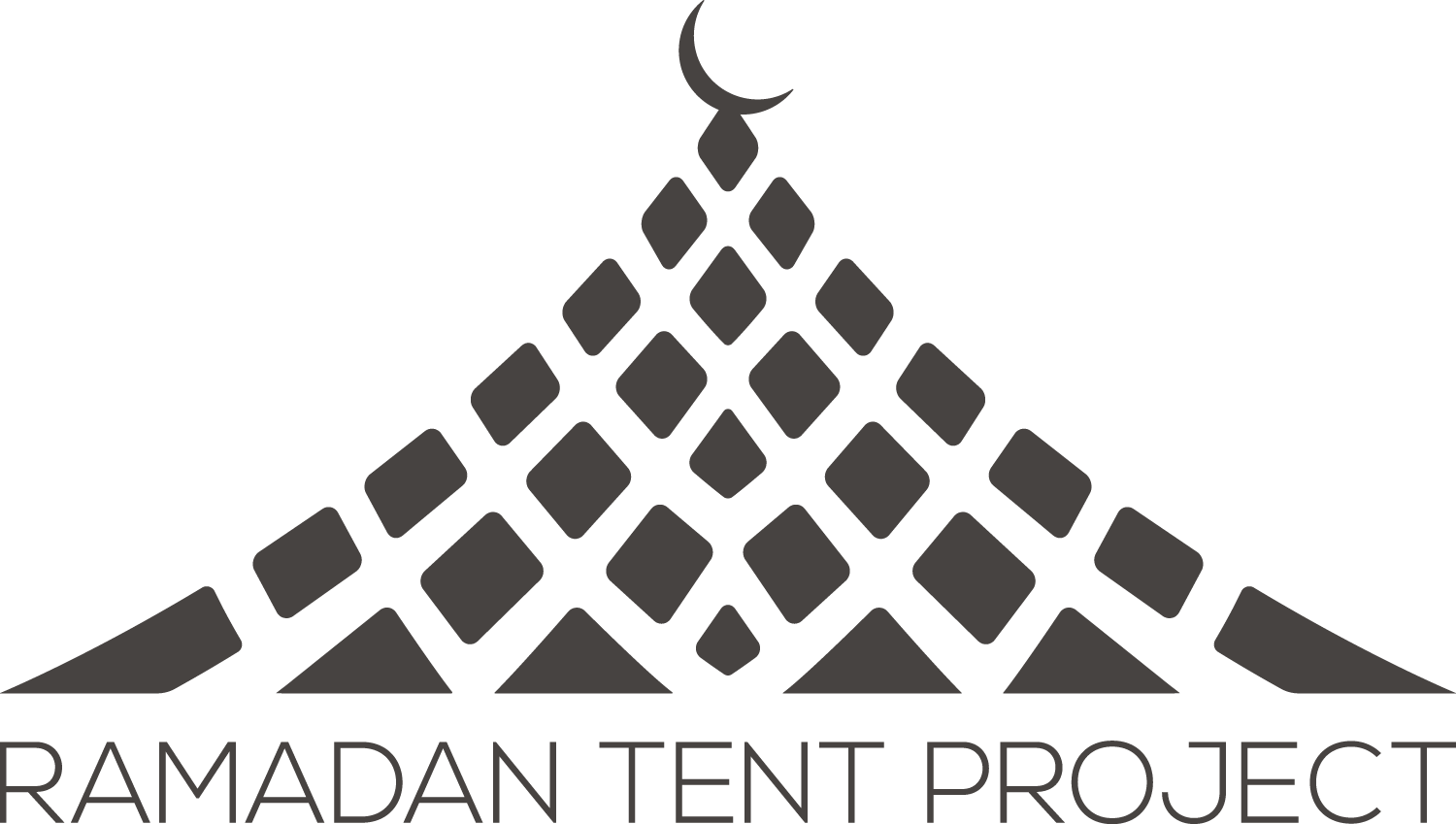Atika Dawood
Ramadan Tent Project (RTP) can be described using many positive words, but the adjective that is my favourite is ‘inclusive.’
However, after describing RTP as ‘inclusive’ on countless occasions I paused to unpack and question what this really means. And in a nutshell inclusivity is acceptance – or to use what seems to be a current buzzword, inclusivity alludes to a safe space. The RTP team do not only welcome all with open arms because that is their ethos. But they are open to everyone because each individual has a space at RTP: they accept you not regardless of how you label yourself, but because of your identity.
Muslims are no strangers to being subject to bad press and [negative] stereotypes. Yet when the word ‘Muslim’ is used to describe a successful individual – Sadiq Khan (The Mayor of London), Moeen Ali (cricketer) and Nadiya Hussain (baker), to name a few – suddenly religion is deemed ‘divisive’ or ‘unnecessary’. In cases such as these, many hold the opinion that “[their] religion does not matter.” But it should, and it does.
I agree labels so often have negative connotations, but it is wrong to use them selectively: to emphasise them on specific negative occasions but have them absent from positive recounts – either use them consistently or not at all. I have read countless comment sections filled with comments complaining about labels splitting society apart when they are used in positive headlines, without [commenters] being against their use in other headlines, stating that ‘if there is a fuss when religion is mentioned after a terrorist attack, it should not have been mentioned here either. Double standards.’ Except, that is partly why they should be mentioned in positive stories: the use of ‘Muslim’ as a key adjective to describe violent individuals has lead to islamophobia, to misconceptions about Islam and has had a negative (violent) impact on Muslims everywhere – there is almost a need for these positive stories to be highlighted to provide evidence against the anti-Muslim/Islam rhetoric.
Founder of RTP, Omar Salha, when interviewed by Buzzfeed was asked if ‘the daily headlines he reads about Muslims and anti-Muslim rhetoric in the public sphere were another factor [in starting RTP]’ He quite rightly responded ‘I wouldn’t say it was a reaction, as we should be doing this irrespective of the climate.’
I will try to accept the reasoning of those who annoy me in these comment sections: that [the media] mention, if not emphasise, the religion of a violent individual (should they be Muslim) because, not a direct quote, ‘the attack was religiously motivated, so religion is a key factor and therefore deserves its place in the story.’ This suggests, however, that any positive action is not religiously motivated. That Moeen Ali’s faith does not encourage him to play well and has nothing to do with his character or his positive energy. It suggests that the ‘Muslim’ part of The Mayor of London’s identity is not a reason or part of the motivation behind him doing good as Mayor – though, in this example, I agree he should do good things regardless of religion, it is wrong to suggest his faith cannot be or is not a motivating factor behind this, albeit subconsciously.
If religion is a key part of an individual’s identity, it matters. Muhammad Ali was a proud black Muslim American. Every single one of these words matter in describing him because every single one of them were factors that shaped him into who he was. And while using all these words is important when describing The Champ, it is also important when considering his legacy: after Muhammad Ali’s death, Mehdi Hassan so poignantly reminded us that ‘Muhammad Ali made millions of us feel proud of our identity, our ethnicity, our political views, our religious beliefs(…)’ He particularly empowered the black community, the black American community, the Muslim community, the black Muslim community and the black Muslim American community, and his story and legacy will continue to do so.
To suggest that a key part of an individual’s identity is irrelevant in celebrating them and their success, and in being inspired by them and their success, is simply abhorrent.
So when a friend’s status regarding Moeen Ali’s performance in an England test match last month, describing Ali as ‘an inspiring role model for Muslims everywhere!’, was met with the following comment ‘fail to see why his religion is relevant? A great innings indeed, but I don’t see why the fact he is Muslim has to be emphasised.’ I was taken aback – this individual completely missed the point. Ali as a successful Muslim is a role model to other Muslims – specifically now, when we are surrounded by bad press. Ali as a well-known [Muslim] cricketer is a role model to other Muslims aspiring to be great sportspeople. Ali’s religion is relevant to my friend because he is also Muslim; identity allows us, particularly marginalised communities, to identify with successful individuals and to be inspired and motivated by them.
Amongst all the other labels that matter, religion also matters. Because with the same logic that the religion of violent individuals ‘is relevant because their attack was motivated by religion’, the religion of successful individuals is relevant because they too are motivated (to do good, to be humble, to be good role models etc) by religion – and the other labels they use to describe their identity. Identity matters because it is what shapes us, teaches us and motivates us. It is what we, (again) particularly marginalised or disadvantaged groups and communities, use to identify with others in order to find our voices, to be listened to and to find a safe space – in order to be accepted.
To end how I began, what inclusivity really means is acceptance – not ignorance. The beauty of RTP is not just that it is inclusive, the beauty of RTP is that it is accepting of every individual who attends the Open Iftar.
Atika, a current volunteer at Ramadan Tent Project, is a second year SOAS undergrad where she has begun her journey into writing through the student newspaper covering various topics: from quasi-structured political rants and interviews to book reviews and author profiles. A multilingual lover of languages, writing – reading that of others and writing herself – and mangoes. And tea. And puns. And crunchy peanut butter. Also a budding journalist, though this is potentially subject to change as she is the token indecisive young person.

